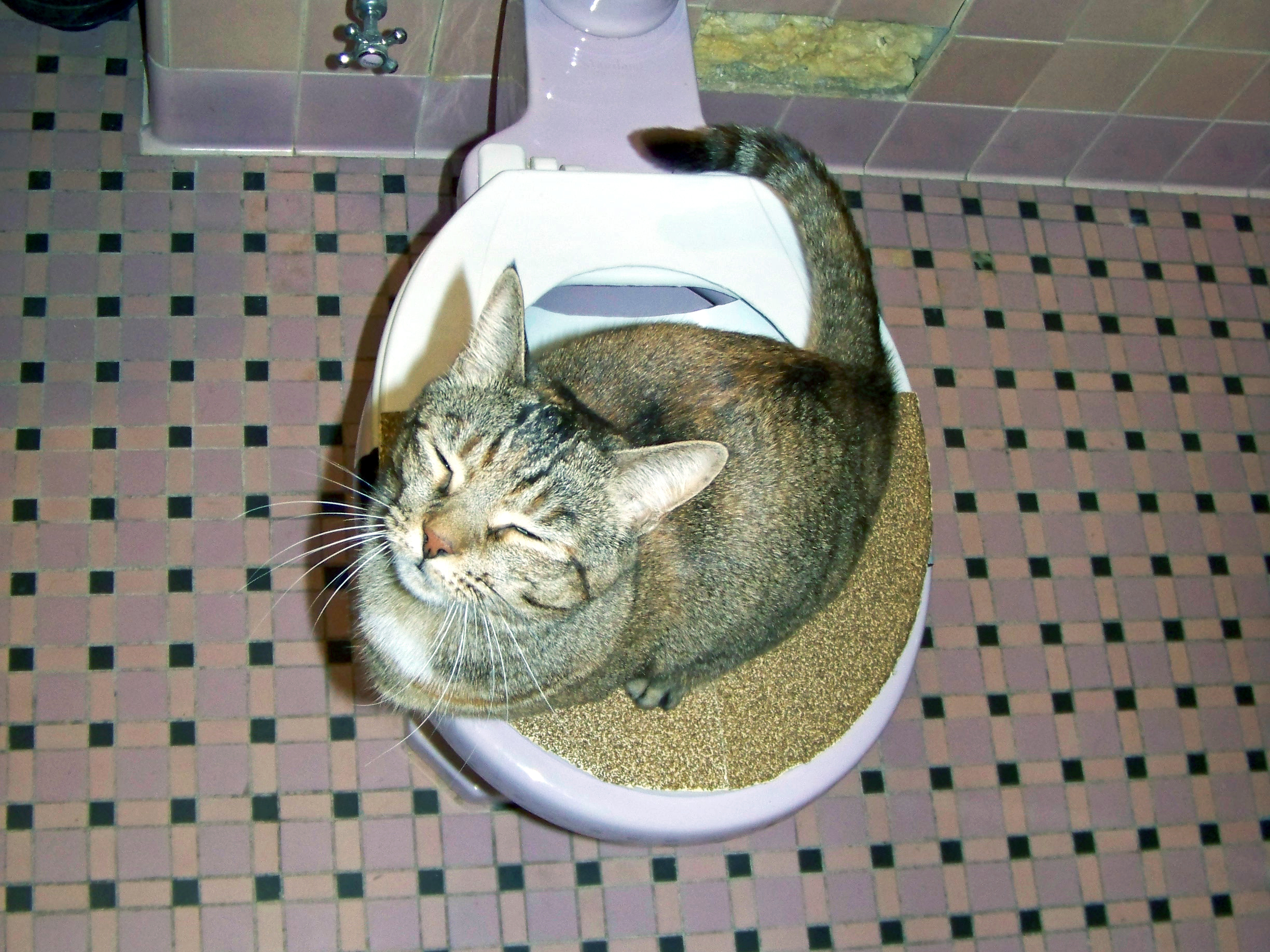Avoid Clogs and Damage: Don't Flush Cat Poop Down Your Toilet - Expert Insights
Avoid Clogs and Damage: Don't Flush Cat Poop Down Your Toilet - Expert Insights
Blog Article
Are you currently searching for critical information on Don’t flush cat feces down the toilet?

Intro
As pet cat owners, it's important to bear in mind just how we dispose of our feline buddies' waste. While it may seem hassle-free to flush feline poop down the bathroom, this method can have detrimental consequences for both the environment and human health and wellness.
Environmental Impact
Flushing cat poop introduces harmful pathogens and parasites right into the water supply, posing a significant risk to aquatic ecosystems. These impurities can adversely influence aquatic life and concession water quality.
Health and wellness Risks
Along with environmental concerns, flushing pet cat waste can additionally pose wellness threats to people. Cat feces might have Toxoplasma gondii, a bloodsucker that can create toxoplasmosis-- a potentially severe illness, specifically for expecting ladies and people with damaged immune systems.
Alternatives to Flushing
Thankfully, there are more secure and extra accountable methods to get rid of cat poop. Consider the adhering to options:
1. Scoop and Dispose in Trash
The most usual approach of throwing away feline poop is to scoop it right into a naturally degradable bag and throw it in the garbage. Make sure to utilize a dedicated clutter inside story and throw away the waste immediately.
2. Use Biodegradable Litter
Choose naturally degradable pet cat clutter made from materials such as corn or wheat. These litters are eco-friendly and can be safely disposed of in the garbage.
3. Bury in the Yard
If you have a lawn, consider hiding cat waste in a marked location away from veggie gardens and water resources. Make certain to dig deep sufficient to stop contamination of groundwater.
4. Install a Pet Waste Disposal System
Buy an animal garbage disposal system specifically made for feline waste. These systems make use of enzymes to break down the waste, decreasing smell and environmental effect.
Conclusion
Liable pet possession expands past giving food and shelter-- it additionally involves appropriate waste monitoring. By refraining from purging cat poop down the bathroom and selecting alternative disposal techniques, we can decrease our environmental impact and shield human health.
Why Can’t I Flush Cat Poop?
It Spreads a Parasite
Cats are frequently infected with a parasite called toxoplasma gondii. The parasite causes an infection called toxoplasmosis. It is usually harmless to cats. The parasite only uses cat poop as a host for its eggs. Otherwise, the cat’s immune system usually keeps the infection at low enough levels to maintain its own health. But it does not stop the develop of eggs. These eggs are tiny and surprisingly tough. They may survive for a year before they begin to grow. But that’s the problem.
Our wastewater system is not designed to deal with toxoplasmosis eggs. Instead, most eggs will flush from your toilet into sewers and wastewater management plants. After the sewage is treated for many other harmful things in it, it is typically released into local rivers, lakes, or oceans. Here, the toxoplasmosis eggs can find new hosts, including starfish, crabs, otters, and many other wildlife. For many, this is a significant risk to their health. Toxoplasmosis can also end up infecting water sources that are important for agriculture, which means our deer, pigs, and sheep can get infected too.
Is There Risk to Humans?
There can be a risk to human life from flushing cat poop down the toilet. If you do so, the parasites from your cat’s poop can end up in shellfish, game animals, or livestock. If this meat is then served raw or undercooked, the people who eat it can get sick.
In fact, according to the CDC, 40 million people in the United States are infected with toxoplasma gondii. They get it from exposure to infected seafood, or from some kind of cat poop contamination, like drinking from a stream that is contaminated or touching anything that has come into contact with cat poop. That includes just cleaning a cat litter box.
Most people who get infected with these parasites will not develop any symptoms. However, for pregnant women or for those with compromised immune systems, the parasite can cause severe health problems.
How to Handle Cat Poop
The best way to handle cat poop is actually to clean the box more often. The eggs that the parasite sheds will not become active until one to five days after the cat poops. That means that if you clean daily, you’re much less likely to come into direct contact with infectious eggs.
That said, always dispose of cat poop in the garbage and not down the toilet. Wash your hands before and after you clean the litter box, and bring the bag of poop right outside to your garbage bins.
https://trenchlesssolutionsusa.com/why-cant-i-flush-cat-poop/

Do you really like more info about Don’t flush cat feces down the toilet? Leave a comment directly below. We would be pleased to find out your insights about this write-up. In hopes that you visit us again before long. Do you know about anybody else who is involved in the niche? Be sure share it. Thank you for your time invested reading it.
Click For More Info Report this page